There’s not much more peaceful than a simple breakfast amid the chirpings of an awakening northern forest. Humans, with their God-like reign over fuel, need do little more than boil water and add it to oats and coffee grounds to enjoy a meal as comfortable as one prepared in the modern home. After doing just that, on a brisk morning on a remote pond in the Maine woods, I recorded those thoughts, and reveled in the opportunity to be where I was.
My morning meditation was disrupted suddenly by the rapid ground-pattering and alarm squeaking of a community of pine squirrels, dashing for safety in the spruce crowns just inside the treeline adjacent to my campsite. Despite the mid-summer sun’s declaration of elemental forgiveness, my neighbors spend their days gambling exposure to predation to scratch about the forest floor in search of spruce cones and seeds to squirrel away as a nutritional buffer against the harsh winter months to come. There’s not much fat on a pine squirrel, and no time to waste.
Their vocal system is an evasive adaptation that takes advantage of several pairs of eyes and alerts the whole crew of threat of danger. Its sounding piqued my interest, as it tells of an intruder’s approach.
The reason for the squirrels’ alarm quickly became apparent. A few moments later, an emaciated calf moose burst forth from the cool, dark shadows of the forest to pause in the grassy opening in front of my camp. As she caught her breath, her tired eyes met mine, and yearned for mortal empathy in the eyes of a human witness. I could afford none such.
Regaining thoughtfulness after that brief contact, I realized her character as the calf told of by a couple in a sporting cabin a few ponds to the west. Motherless, the young moose ranged wide—day and night—to evade a pack of coyote pursuers, with little time to rest, rehydrate, and refuel.
More Like This
If, by some miracle of nature, the harriers chose to satisfy their hunger elsewhere and the calf survived the chase, she would have little chance at survival without an opportunity to put on weight before the onset of cold weather. Just a few months into life, the child had experienced more of Nature’s raw reality than I have in two decades.
With a labored takeoff, the calf resumed her flee. I listened for the predators that were surely close behind, but heard nothing. Likely, the dogs smelled my presence, or otherwise decided against abandoning the cover of dark forest, and circled my camp to intercept the calf’s trail further down the shoreline.
Finished with my oatmeal and coffee, I walked a few dozen paces from camp to the waterline to wash my dishes. As I kneeled by the water, a high-pitched squeaking snapped my attention to the grass at the foot of a boulder to my side.
Curled in a sleek chestnut ball by the concave face of a large boulder, eyes squeezed shut in agony, a yearling mink emitted a hopeless cry for life. Normally these critters are elusive, slinking into crevices in rocky banks upon approach. Such flight, however, this young citizen was incapable of.

I slid a delicate hand under the creature’s elongated torso and lifted him from his bed, searching for an answer to his pain. Upon careful examination, it was obvious that the imperiled waterman on the fringe of my camp had broken his back legs, robbing him of his trademark slinkiness and fishing ability. He had resigned himself, before the moment of our encounter, to a stand in relative safety by the boulder, and broke out in defensive cry only upon perceiving my presence as threatening.
Again, empathy I searched for, but could identify none. Respecting my trained responsibility to leave the workings of nature untampered with, and with a prayer for Nature’s grace in the healing of a young hunter, I placed the distressed carefully back in his bed, and went about my business.
To escape the distracting irrelevancies of a contemporary lifestyle and participate in the mechanics of nature as we were meant to—it’s a reason often cited when asked why one would sacrifice the safety and creature comforts of civilization to sojourn in the wilderness, and one that I’ve leaned on, admittedly, myself. It feels rugged enough, to sleep out of doors and exist without contact with others for days on end. However, as I fill my stomach with my supermarket-poached, ready-made breakfast, in stark contrast of comfort with my surroundings, it occurs to me that I am foundationally removed from this drama I so blindly claim to understand.
All of this comes to me at breakfast in the Maine woods, and I question my connection to this world I call my own.



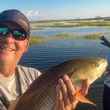
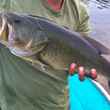
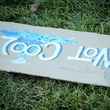
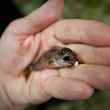

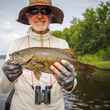
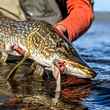
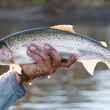
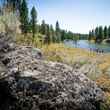

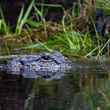

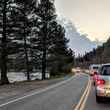
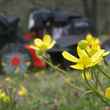

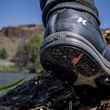
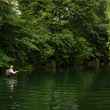
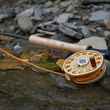
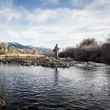

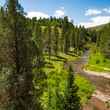
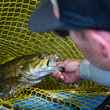
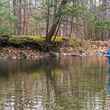
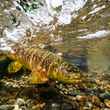


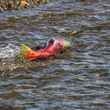
Comments
Daniel Carolan replied on Permalink
Matthew, this is probably one of the best things i have read on this site. Brilliant simplicity. Thanks for making me think.
Pages